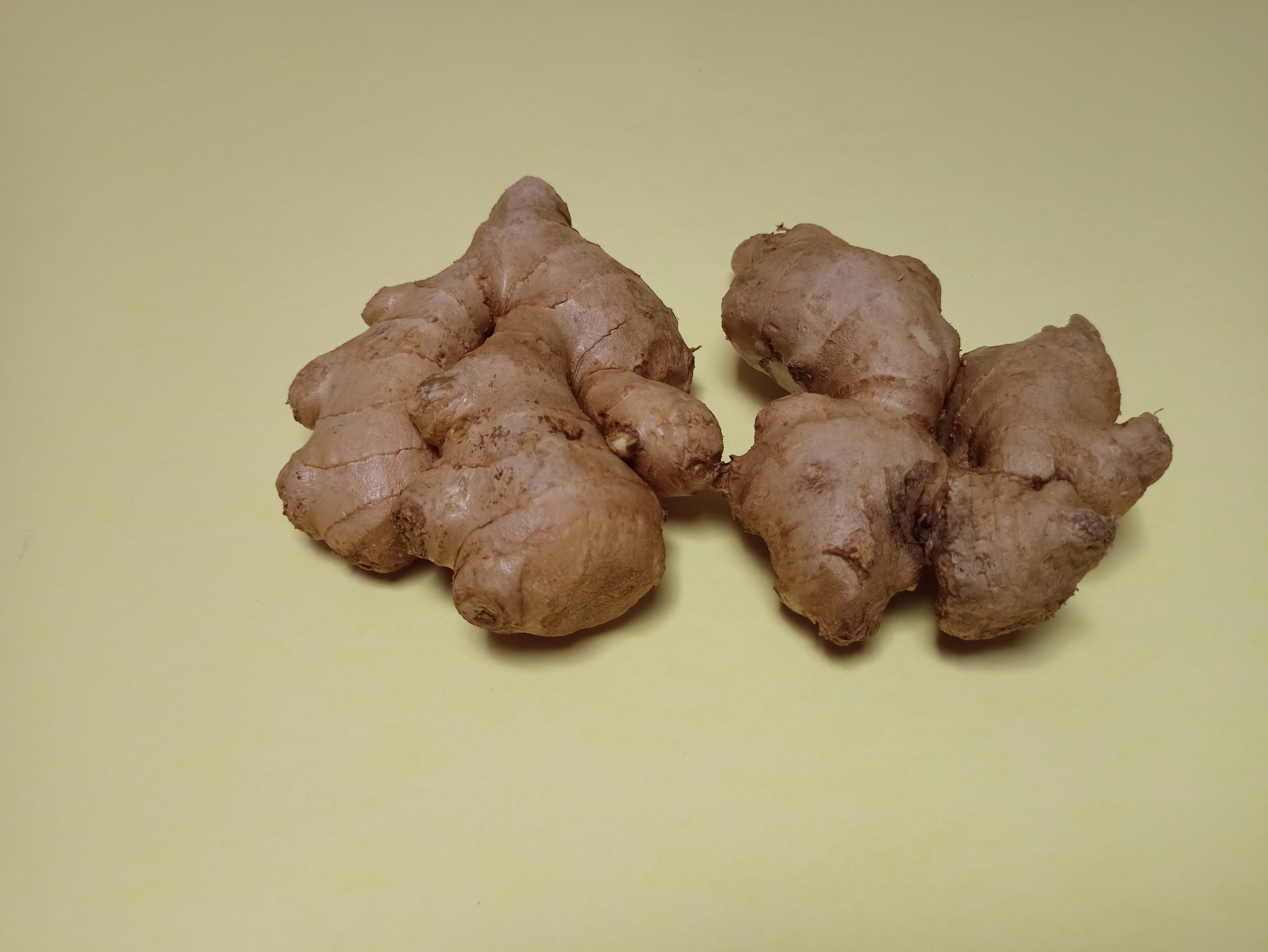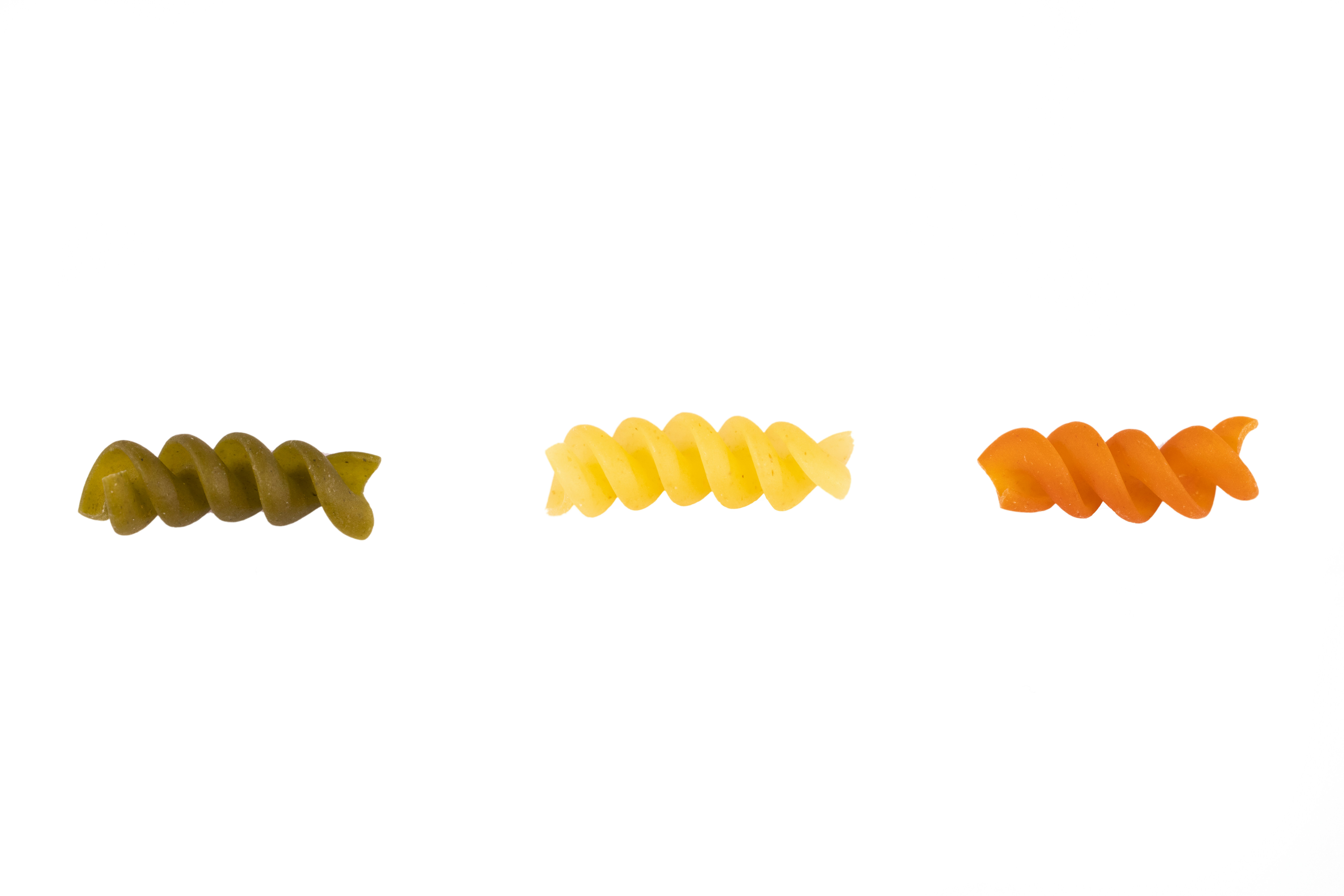Oxalates and Gut Health: The Role of Personalized Nutrition
Have you ever wondered why some people can eat spinach or almonds without any issues, while others claim they lead to digestive woes? It might seem like one of those peculiar food mysteries, but trust me, there’s a legitimate science behind it—oxalates. These organic compounds, found in numerous foods, play a pivotal role in your gut health. However, the impacts aren’t the same for everyone, highlighting the need for personalized nutrition approaches. Let’s break it down together, shall we?
What are Oxalates?
Imagine if food components had personalities. Oxalates would probably be those guests who show up at a party and sometimes overstay their welcome. They are natural compounds found in a variety of plants. Your body sometimes produces them too, but primarily, you get oxalates from what you eat.
Oxalates have a knack for attaching themselves to calcium as they make their way through your digestive system. When this happens, they can form tiny, insoluble crystals that can lead to kidney stones for some people. But it’s not just about kidney stones—oxalates can also affect your gut health.
Here’s a little table to showcase where you can typically find oxalates:
| High-Oxalate Foods | Medium-Oxalate Foods | Low-Oxalate Foods |
|---|---|---|
| Spinach | Sweet potatoes | Bananas |
| Almonds | Beets | Cauliflower |
| Rhubarb | Raspberries | Avocado |
How Oxalates Affect Gut Health
You might be asking, why should you, as a regular person going about your day, care about oxalates and your gut? Well, your gut is like a bustling metropolis. It’s full of microorganisms, highways (your intestinal pathways), and constant communication between signals (enzymes and hormones). When oxalates enter the scene, they can mess with the balance.
-
Gut Flora Disruption: The gut microbiome is a delicate ecosystem of millions of bacteria. Some bacteria can actually degrade oxalates, such as Oxalobacter formigenes. If there’s an imbalance in your gut flora, you might lack the beneficial bacteria needed to break down oxalates. This can lead to an accumulation that might cause discomfort.
-
Inflammation: Oxalates can bind to calcium in the gut, forming crystals that might irritate the lining. For some, this irritation means mild digestive disruptions, while others experience significant inflammation.
-
Gut Permeability: Known colloquially as “leaky gut,” when your gut lining gets irritated or inflamed, it can become more permeable. This means substances that normally wouldn’t pass into your bloodstream get a free pass, potentially leading to immune responses or further inflammation.
Personalized Nutrition: Tailoring to Your Needs
Now, if you’re thinking, “This sounds like a lot to manage!” you’re not wrong. But here’s where personalized nutrition comes into play. We’re all unique snowflakes at the molecular level, and what works for one person might not work for another.
The Case for Individualized Approaches
The idea of personalized nutrition is compelling. It considers your genetic makeup, lifestyle, and even gut microbiome composition to tailor dietary advice. Think of it as a custom-made wardrobe, perfectly fitting your unique style and shape:
-
Genetic Variability: Your individual genes can influence how you process oxalates. For some, a high oxalate food might not cause any issues, while others might feel the effects almost immediately.
-
Microbiome Analysis: By understanding the state of your gut microbiome, experts can suggest changes to your diet to boost beneficial bacteria and, in turn, reduce oxalate issues.
-
Lifestyle Factors: Stress, sleep, and daily activity levels can all influence how your body responds to oxalates.
Oxalate Sensitivity: Are You Affected?
Determining whether you’re sensitive to oxalates might not be immediately obvious. Unlike a food allergy where the symptoms can appear quickly, an oxalate sensitivity can be a stealthy actor in your health drama.
Signs and Symptoms
Let’s consider some signs that oxalates might not be jiving well with your system:
- Digestive Issues: Bloating, gas, or pain after consuming high-oxalate foods.
- Urinary Concerns: Frequent urination or pain, possibly indicating kidney stones or crystal formation.
- Joint Pain: Some report experiencing discomfort in areas like knees or elbows after high oxalate intake.
- Fatigue or Skin Rashes: More obscure symptoms that some people attribute to their oxalate consumption.
Testing and Diagnosis
If you suspect oxalates are a problem, it might be worth discussing with a healthcare provider. They can conduct tests that analyze urine for oxalate levels or even suggest an elimination diet as an investigative measure.
Adjusting to Low-Oxalate Eating
If you’re advised to reduce oxalate intake, you might feel like you’re giving up a lot of healthy foods. But remember, this isn’t about deprivation—it’s about finding balance. Here’s how you can adjust:
-
Substitution is Key: If you love spinach, try bok choy or kale instead. They’re lower in oxalates but still packed with nutrients.
-
Pair Foods Wisely: Consider consuming calcium-rich foods like yogurt or cheese with high oxalate options. It encourages the oxalates to bind with calcium in the gut, reducing absorption into your bloodstream.
-
Hydration is Essential: Drinking enough water can help flush oxalates out of your system and reduce the risk of crystal formation.
-
Cook Smart: Cooking certain oxalate-rich vegetables, such as boiling or steaming, can reduce their oxalate content.
Here’s a little substitution table for your reference:
| High-Oxalate Food | Suggested Substitution |
|---|---|
| Spinach | Bok choy or kale |
| Almonds | Pumpkin seeds |
| Raspberries | Blueberries |
The Role of Supplements and Probiotics
It’s not uncommon to look for a little extra help in managing dietary changes. Supplements and probiotics might offer support if you’re struggling with oxalate sensitivity:
Calcium Supplements
Remember how oxalates love to bind with calcium? Some people find that taking calcium supplements with meals helps reduce oxalate absorption. However, always consult with a healthcare provider before starting new supplements.
Probiotics
Certain strains of probiotics can help maintain a healthy gut microbiome, potentially increasing the population of oxalate-degrading bacteria. Lactobacillus and Bifidobacterium are common strains that might offer benefits.
Challenges of Dietary Changes
Embarking on a new dietary journey comes with its own set of challenges. But don’t fret! Recognizing these obstacles is the first step to overcoming them:
-
Social Eating: Navigating social events where high-oxalate foods are served can be tricky. It helps to plan ahead and maybe even bring a low-oxalate dish to share.
-
Cravings: Switching from nuts or certain greens might leave you feeling like you’re missing out. Explore new flavors and textures; you might discover some new favorites.
-
Nutrition Balance: Ensure you’re still getting necessary nutrients, especially if you’re cutting out entire food groups. A nutritionist or dietician can help craft a balanced plan.
It’s Not Just About Oxalates
While we’ve focused on oxalates, it’s clear that gut health is multifaceted. The link between what you eat and how you feel is nuanced. Personalized nutrition is not just a fancy trend—it’s about embracing this complexity and recognizing that you are a unique organism with specific needs.
Diet is Individual
Remember, oxalates are just one part of the bigger nutrition puzzle. Don’t get overly fixated. Balance, moderation, and a willingness to adapt your approach as you learn more about yourself are essential.

Wrapping Up the Oxalate Discourse
So, where does this leave you? Hopefully, feeling a bit more informed about your options and understanding the importance of listening to your body. If the idea of oxalates and their effect on your gut was a mystery before, I hope it feels more like an open book now. Personalize your nutritional journey, embrace the balance, and remember—it’s all about finding what works best for you!




